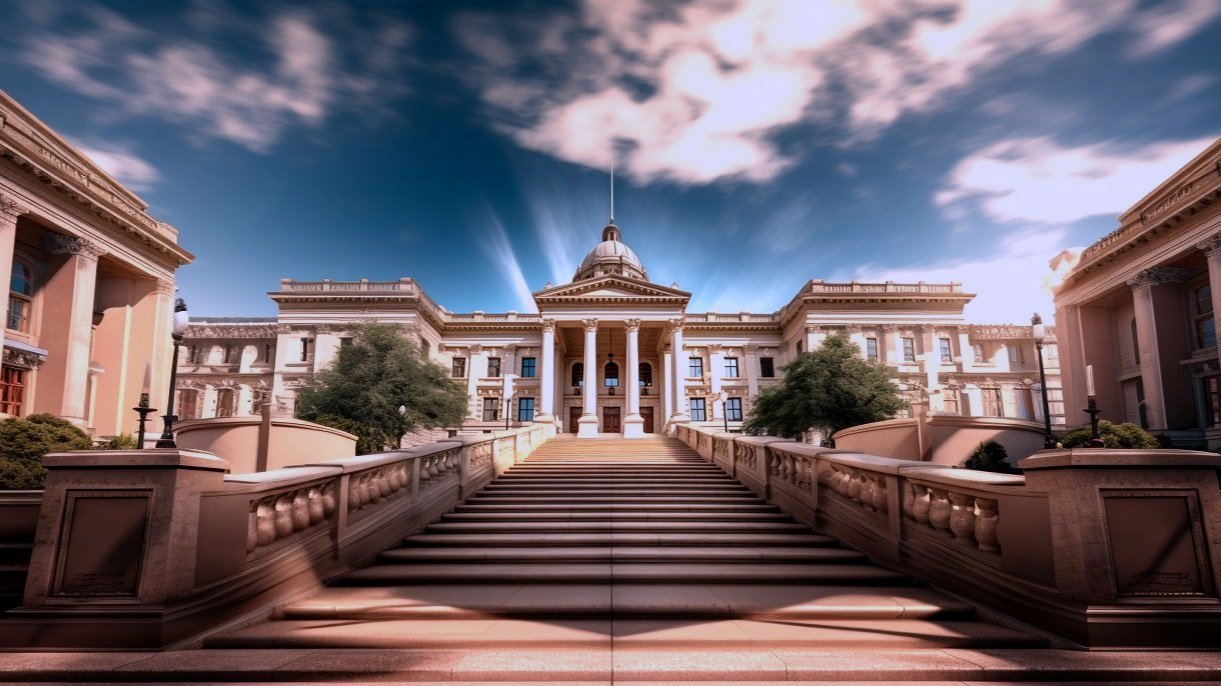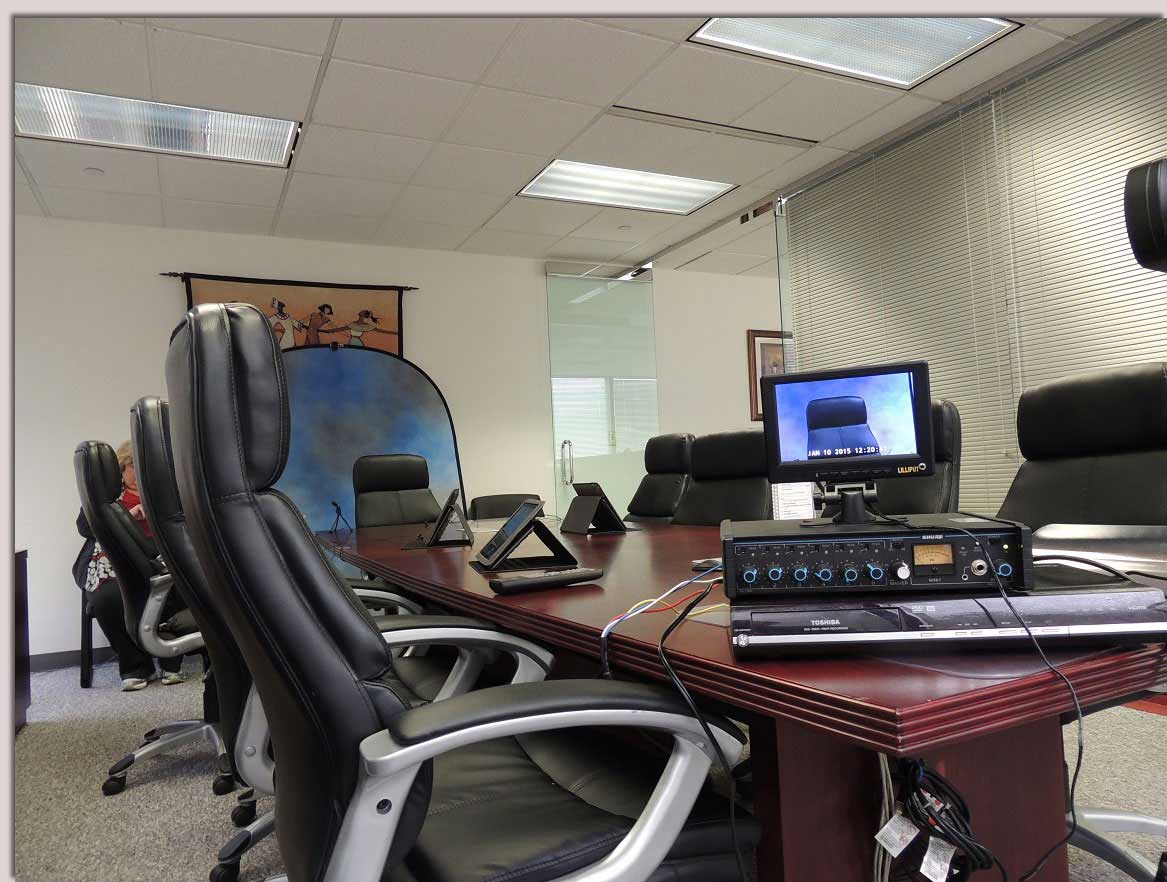The Ultimate Guide to Legal Videography for Lawyer and Legal Teams
The Ultimate Guide to Legal Videography for Lawyer and Legal Teams
Blog Article
Checking Out the Vitality of Legal Videography: a Comprehensive Understanding Into Its Capability in Protecting Accurate Visual Records for Legal Situations
Legal videography stands as an important component in the realm of lawful process, working as a silent yet effective onlooker in the quest of justice. The utilization of video clip modern technology in documenting lawful situations surpasses mere record-keeping; it encapsulates the really essence of events, feelings, and statements that unravel within court rooms. By thoroughly catching aesthetic evidence, legal videography not only preserves the precision of these moments yet likewise supplies a much deeper understanding of the ins and outs entailed. As we explore the capability and value of legal videography in the context of legal cases, an extensive realization dawns upon the vital duty it plays fit the course of justice.
Value of Legal Videography
Highlighting the pivotal duty of legal videography in contemporary lawful proceedings, its importance lies in its capacity to offer undeniable aesthetic evidence that enhances the presentation of truths and statements. By recording online occasions, depositions, and witness testimonies in a video style, lawful videography ensures that every expression, nuance, and detail is precisely preserved for later evaluation. This visual paperwork works as an effective tool in court rooms, permitting jurors and judges to better understand the context of a situation and make notified choices based on today evidence.
In addition, lawful videography adds to raised openness and liability in the lawful system. In essence, the significance of lawful videography exists in its capability to promote the honesty of the legal procedure by catching and protecting exact aesthetic documents that support the search of justice.
Performance in Legal Documentation
Lawful videography's role in modern-day legal process expands beyond supplying visual proof; its performance in lawful documents is essential for properly preserving the information of testaments and occasions. Through the careful recording of depositions, courtroom procedures, witness testimonies, and crime scene examinations, legal videography makes sure an unfiltered account of events that can be reviewed and analyzed throughout the legal procedure. This accurate paperwork acts as an important resource for judges, courts, and attorneys to reference specific minutes, body movement, facial expressions, and nuances that might not be totally caught in written transcripts alone.
In addition, legal videography plays an essential role in keeping the integrity of legal proceedings by minimizing the threat of false impression or control of info. The aesthetic records caught through legal videography offer an objective depiction of the realities offered during a situation, supplying a comprehensive and dependable source of proof that can substantially influence the end result of lawful disagreements (Legal Videography). In essence, the performance of legal videography in legal documentation acts as a directory cornerstone in supporting transparency, accuracy, and fairness within the lawful system
Relevance in Visual Proof Conservation
Protecting visual proof with thorough recording techniques is a crucial aspect of lawful videography. By accurately documenting these visuals, legal videographers play an important function in ensuring the honesty and credibility of evidence offered in court.
Aesthetic proof preservation additionally assists in stopping misconceptions or misconceptions that can occur from written or verbal testimonies. The capacity to see and listen to events as they happened can dramatically affect the outcome of an instance. Moreover, aesthetic proof can work as an effective tool for both the prosecution and defense in offering their arguments persuasively.
Role in Ensuring Justice
In the quest of fair and simply lawful outcomes, the role of lawful videography is essential. Legal videography plays an important role in guaranteeing justice by providing honest and exact visual evidence that can significantly affect the result of legal cases.
In addition, lawful videography functions as a means of preserving turning points and information that may be missed out on or misunderstood in composed transcripts (Legal Videography). By documenting scenes, actions, and communications in real-time, legal videography assists stop misrepresentations and ensures that all events included have access to the exact same information, advertising transparency and liability in the legal procedure. Eventually, using lawful videography not only boosts the effectiveness of lawful process but likewise maintains the concepts of justice and equity in the lawful system
Important Device for Legal Instances

Conclusion
Finally, lawful videography plays a crucial duty in maintaining precise visual documents for legal situations. Its importance exists in its capability in legal documentation, relevance in aesthetic evidence preservation, and duty in making sure justice. As an important tool for legal situations, legal videography functions as a useful resource for offering visual proof and adding to the general integrity of the lawful process.
Lawful videography's role in contemporary legal process prolongs past supplying visual proof; its capability in lawful documentation is crucial for precisely check out this site maintaining the details of testaments and events. In significance, the functionality of lawful videography in legal documentation offers as a foundation in upholding transparency, precision, and fairness within the lawful system.
Inevitably, the use of legal videography not just boosts the effectiveness of lawful proceedings yet additionally supports the concepts of justice and equity in the lawful system.

As an important device for legal instances, legal videography offers as an important source for offering aesthetic evidence and adding to the general integrity of the legal process.
Report this page